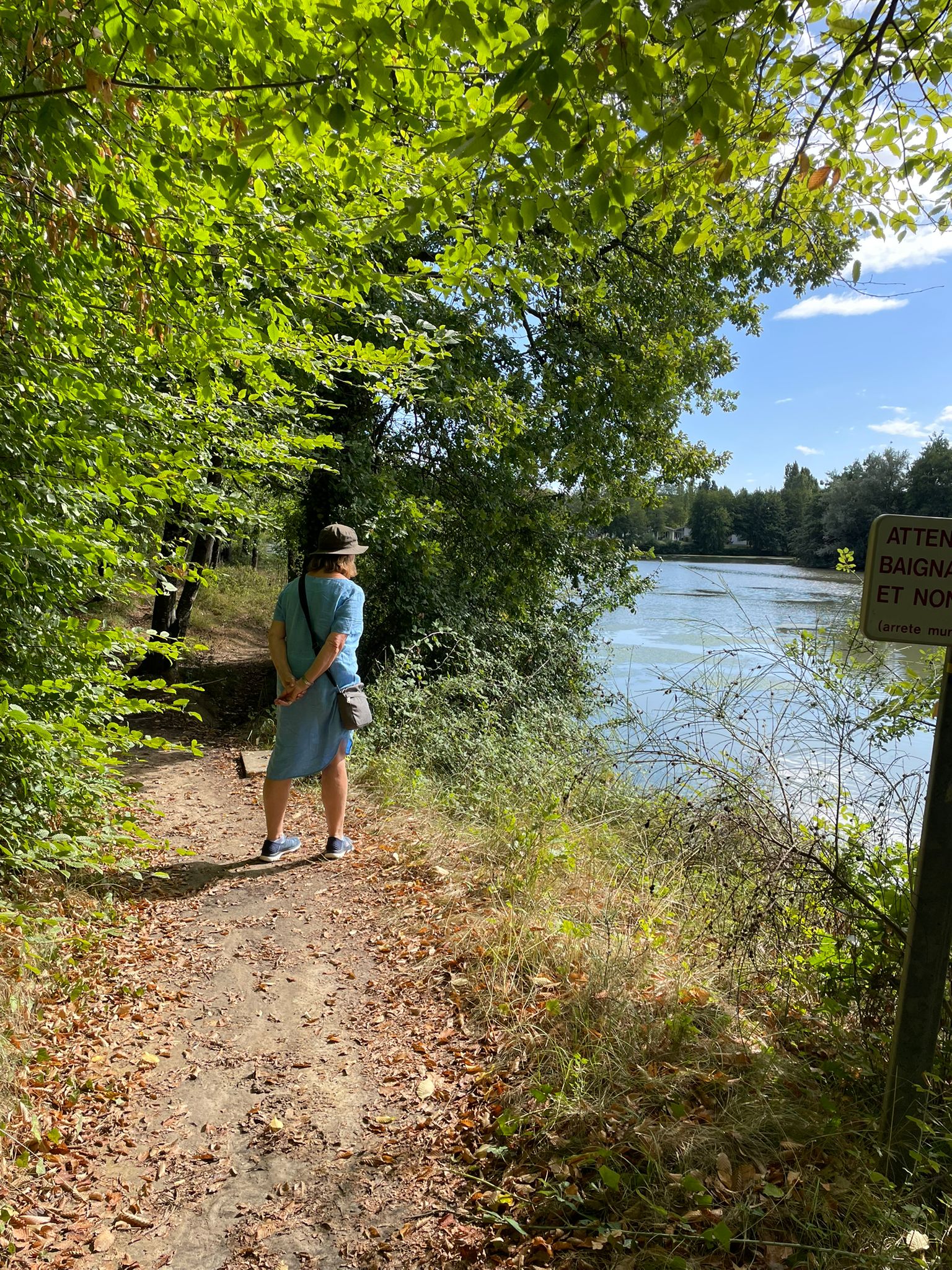
What’s your specialist field of research?
And what specific aspect of that field are you investigating?
Now try writing the answer in just five words.
I recently asked PhD students participating in an online career workshop to do exactly this. The results were striking: a colourful and impressively diverse snapshot of the research taking place across a single university. In just five words per person, it became clear how much intellectual activity was happening, and also how little of it most researchers ever see.
What was even more interesting was what this simple exercise revealed about how siloed academic research can be. Despite working within the same institution, many participants had little awareness of the research being carried out outside their own discipline, or even beyond their immediate sub-field.
This came as no surprise to me. Decades ago, when I was working in research myself, I knew a great deal about the mechanisms of calcium uptake in beetroot. But did I know what research was happening in the next building, or even the next lab?
The answer was a resounding no.
The necessity and cost of narrow focus
Doing academic research, whether as a PhD student, postdoctoral researcher, or beyond, necessarily involves narrowing your focus. Progress depends on drilling down into a very specific question with the aim of making a genuinely new contribution, no matter how small or specialised it may appear to the wider world.
This depth is essential. But over time, it can also create a kind of inverse reality. The ‘small’ becomes magnified, focus can exclude other possibilities, specialist language turns into club language, and problems remain unshared. Researchers may start to feel isolated – intellectually, socially, and sometimes emotionally. In some cases, this isolation contributes to stress, self-doubt, and mental health difficulties.
Even though the career workshop was online with over 100 PhD participants, I gave them the option to discuss and share their research with others in the Zoom break-out rooms. For many, this was the first time they had ever spoken in detail with researchers outside their own discipline: scientists talking with humanities students, social scientists with artists, engineers with historians.
For many participants, hearing about different research interests was genuinely new. You may recognise this from your own experience, but as I said before, narrowing your focus is a necessary part of academic research.
The question is not whether you specialise, but how you can avoid becoming trapped inside that specialisation.
Broadening your research world: where to start
So, what are the advantages of broadening your research interests and how can you do it in practice? Here are a few realistic ways to get started:
1. Teach
Teaching, particularly at undergraduate level, forces you to return to foundational concepts you may not have revisited for years. Whether it’s an animal physiologist teaching photosynthesis or a cell biologist covering virology, revisiting the basics can refresh your thinking and reconnect you with the broader aspects of your discipline. Teaching also brings you into contact with colleagues beyond your research group through committees and shared responsibilities.
2. Do outreach
There are more opportunities than ever to engage in outreach activities. Talking or writing about your research for non-specialist audiences requires simplification and that process can be surprisingly liberating. Members of the public, journalists, and non-experts often ask questions you’ve never considered, opening up new ways of thinking about your own research.
3. Collaborate
You may already be part of a collaborative project, research group, or doctoral training partnership. If so, try to take a genuine interest in what your collaborators do and how their expertise contributes to the bigger picture. Understanding the broader context of a project can make your own work feel more connected and meaningful.
4. Attend
In addition to conferences and seminars in your own field, consider attending talks and events outside your immediate area of expertise. Many universities host researcher symposiums where PhD students and early career researchers present across disciplines, as well as regular lectures by visiting speakers. These events are opportunities to listen, learn, and make unexpected connections.
5. Join
PhD students and early career researchers often have access to a wide range of clubs, societies, and networks at the local, national and international levels. Journal clubs, postgraduate groups, learned societies, policy networks, and writing consortia all provide spaces to exchange ideas beyond your own research niche.
6. Read
Alongside searching for papers using highly specific keywords, make time for broader reading. This might include general science writing, interdisciplinary journals, policy reports, or work far removed from your own field. Curiosity-driven reading often sparks ideas and connections that targeted searches never will.
A final thought
Broadening your research interests doesn’t mean losing focus or compromising depth. It means recognising that your work sits within a much larger intellectual ecosystem that includes people, ideas, and questions you may rarely encounter otherwise.
If nothing else, try this small exercise again: write your research interests in five words and then ask someone outside your discipline to do the same. You may be surprised by what you learn.







